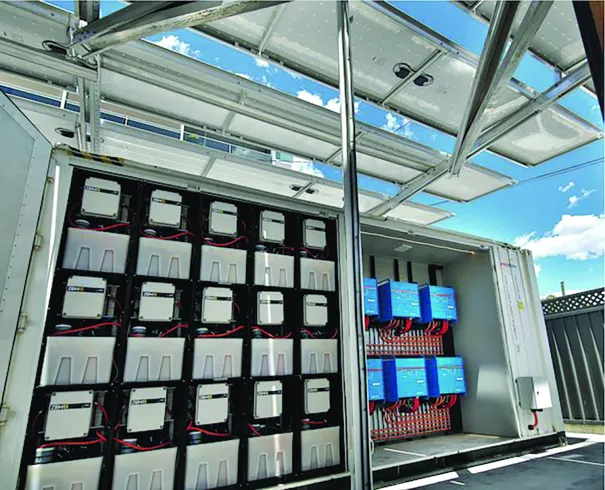Globalization is an easy culprit for the recent wave of U.S. unemployment, with domestic jobs shipped overseas to be replaced by cheap labor, often without adverse impact on the quality of a company’s products or services. Apple is just one high-profile example of this trend. But automation and robotics may be contributing even more to our stubborn unemployment figures. Paradoxically, robots could also help bring manufacturing jobs back to the U.S. The Jan. 13 broadcast of 60 Minutes featured several Techonomists to help explain how this might happen.
Prognostications about how automation might serve humanity are regular features of science fiction. But while such fantasies are becoming commonplace realities, today’s robots aren’t simply making our lives easier, they’re competing for our jobs. In their appearance on 60 Minutes, Techonomy 2012 participants Erik Brynjolfsson and Andrew McAfee warn that the rise of robots may be the biggest reason for the prolonged “jobless recovery” from the Great Recession. McAfee asserts that our economy is bigger than it was when the recession hit, and that business investment in software and hardware is higher than ever. At the same time, the percentage of Americans with jobs is at a 20-year low. Why? From airlines to banks to retail stores to customer service phone lines, more and more jobs are going to machines. And, as McAfee emphasizes, “We ain’t seen nothing yet.”
Robots are turning up in industries where we might not at first expect them. In warehouses, wheeled robots, like Roombas on steroids, move merchandise so efficiently that a manager estimates that each one does the job of 1.5 human workers. Similar robots are streamlining the delivery of medications, blood samples, meals, and linens inside hospitals. And they don’t just move stuff around—robots also wield scalpels in the operating room and fill prescriptions at dispensaries and pharmacies.
“Technology is always creating jobs; it’s always destroying jobs,” says Brynjolfsson. But right now it’s destroying more jobs than it’s creating. The ability of machines to process massive amounts of data and improve their performance makes them better suited than humans for many of the jobs being created today. “We’re seeing technology demonstrate skills that it’s never ever done before,” says McAfee. “We absolutely are creating new jobs, new companies, and entirely new industries these days … the scale and the pace of creation is astonishing. What these companies are not doing though is hiring a ton of people to help them with their work.”
Still, the ability of U.S. companies to replace workers with cost-effective automatons may give them a competitive edge and repatriate lost manufacturing jobs. That’s where Rodney Brooks, who spoke with McAfee at Techonomy 2012 and appeared in the 60 Minutes segment, comes in. The creator of the Roomba, Brooks has upped the ante with a new low-cost, trainable robot called Baxter, designed for use by small manufacturers. Brooks believes that employing inexpensive, adaptable robots could allow the U.S. to compete with foreign companies whose main advantage has been cheap labor. In its three-year lifespan, Baxter’s “wage” works out to under $4 per hour.
Ultimately, American workers may not be at the highest risk to losing their jobs to robots. Workers in China and India are increasingly vulnerable to what Brynjolfsson calls the “automation tidal wave.” Still, even if manufacturing regains a foothold in the U.S., most of the jobs will go to robots. The question remains: how do we leverage the efficiencies of robots to either spawn new industries and new jobs, or to obviate the need for full employment? Is it possible that by assigning more labor to robots while continuing to create new companies, products, and services—and stimulating economic growth—we could see the advent of the 20-hour work week? Now that’s science fiction.
Why Robots Might Boost Industry While Killing Jobs
Globalization is an easy culprit for the recent wave of U.S. unemployment, with domestic jobs shipped overseas to be replaced by cheap labor, often without adverse impact on the quality of a company's products or services. Apple is just one high-profile example of this trend. But automation and robotics may be contributing even more to our stubborn unemployment figures. Paradoxically, robots could also help bring manufacturing jobs back to the U.S. The Jan. 13 broadcast of 60 Minutes featured several Techonomists to help explain how this might happen.














